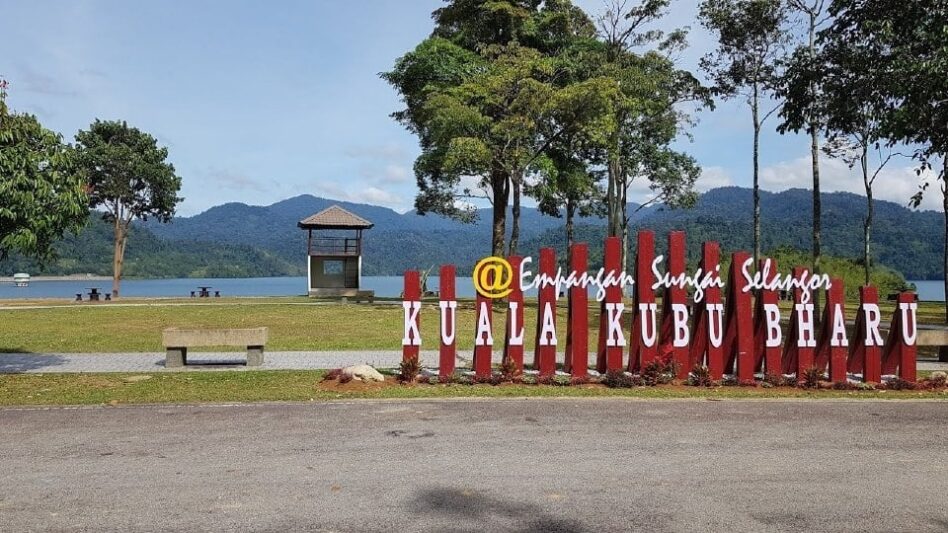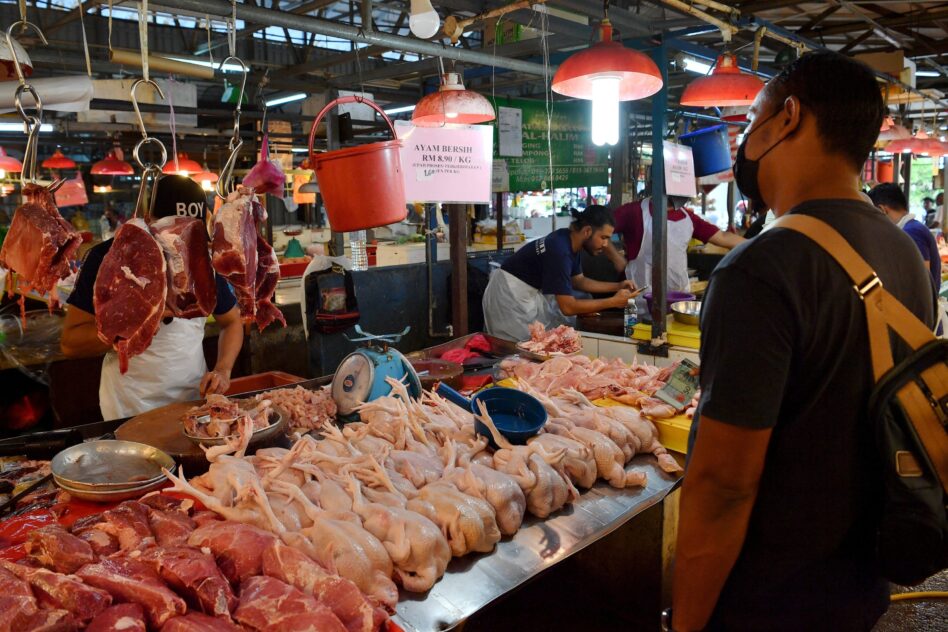By Lee Heng Guie
THE government remains confident that the Malaysian economy can sustain a modest growth of 4.8% yoy for 2020 as forecast in the 2020 Budget versus an estimated 4.7% in 2019. Market consensus takes a rather cautious stance, with a mean estimate of 4.2%.
While domestic demand, especially the resilient strength of private consumption (58.1% of total GDP), has been the prime growth pillar, the biggest risk for the Malaysian economy remains the fragility of the external environment and weakening global growth prospects amid lingering wariness over the negotiation of a “phase two” trade deal between the US and China, which is more deep and complicated, beyond trade balance and tariffs. Geopolitical shocks or disruptions are also a wild card.
For now, pessimism over the global and US economies is receding, thanks to synchronised interest rate cuts by major central banks around the globe as well as defusing trade tensions. We expect global growth to stabilise somewhat and the recovery will be modest but still positive in 2020.
With 2019 being masked by political and economic anxieties on both the domestic and external fronts, the government has set a three-year period to put the country back on track, with priorities on containing the budget deficit and ballooning debt and liabilities. Some sacrifice was made.
However, the 2020 Budget is a somewhat expansionary one to provide insurance against external risks to the domestic economy, with a total budgeted expenditure of RM297 bil, an increase of 6.5% from the estimated 2019 total expenditure. Development expenditure will increase by 4.3% to RM56 bil.
As we usher in 2020, Malaysians, households, businesses and investors are hopeful for more stable domestic economic and business conditions. The external environment is dominated by factors/variables that are beyond our control, but we need to continue strengthening our domestic economic and financial resilience to mitigate against external disturbances.
Over the past 20 months, while the Pakatan Harapan (PH) government has made every effort to fulfil its manifesto and has shown some encouraging results – including political reforms, combatting corruption and reducing national debt – the efforts have been hamstrung by a slowing economy, racial sentiment and politics.
It is widely acknowledged that there is widespread disappointment and disillusionment as well as the perception among the people that nothing material has changed, and that the pace of reforms should be hastened.
According to a November 2019 survey by the Merdeka Centre, political goodwill has given way to scepticism and unhappiness over unmet promises. Populist promises have created false hopes, giving way to anger. The survey also showed that 61% of Malaysians surveyed are losing confidence in the country’s direction, that only 26% were optimistic of Malaysia’s trajectory.
Setting the priorities
We reckon that there are issues that transcend these factionalised disagreements, arguments and public divisions centering on broad economic, social and political currents – feelings about PH’s ability to fulfil the remaining election promises, populism versus realism, and the highly politicised animosity on issues, especially concerning race and education.
Here is a review of several priorities for the government from the perspective of the Malaysian people, investors and businesses:
Smooth leadership transition.
Political stability is a variable of great importance in building a coherent and continuous path for sustainable development.
The uncertainty associated with an unstable political environment may undermine investors’ confidence, reduce investments and hinder the pace of economic development.
More importantly, assurance must be given to ensure the continuity of policies following the leadership transition.
Political leaders should put the country’s and people’s interests ahead of those of their party while the government and technocrats should focus on addressing long-term issues, not just the “here and now.”
We should put aside rampant political bickering, conflicts and infighting.
Instead, we should recognise and deal with issues arising from external headwinds and domestic structural weaknesses that are impacting the domestic economy.
Setting a clear direction.
The year 2020 marks an important milestone in setting and navigating New Malaysia’s direction. Investors and businesses want the 3Cs (clarity, consistency and continuity) while maintaining a competitive and business friendly environment.
Avoid the slowness and bureaucracy of public delivery services, although efficient government-linked companies can certainly compete.
Government agencies must be responsive to change and come up with new ways of coping with change.
The 11th Malaysia Plan (2016-2020) enters its last lap and the 12th Plan (2021-2025), which premises on the Shared Prosperity Vision (SPV) 2030, will be unveiled in August. The New Industrial Master Plan will be rolled out to shape, structure and direct Malaysia’s industrial development in an era of digitalisation, advanced and smart technologies.
Revitalise private investment.
The government needs to draw up a National Investment Strategy to revitalise private investments, which are critical to sustain economic growth.
Reinvigorating private investment is a key priority to sustain economic growth, raise future growth potential, create high income jobs and increase exports.
Policies should focus on how to improve the competitive edge, the kind of economic policies that should be adopted, and mapping the voyage to higher and more sustainable economic growth. For the short term, policies should focus on some quick fixes that can enhance our investment climate.
Deliver on all its remaining unfulfilled promises.
The PH will have to start delivering on the remaining 40% of the PH manifesto promises in time for the next general election due in 2023. At least, if the promises cannot be fulfilled now, this must be explained to the people and a time-frame provided for their implementation.
Rectify the weakness in government’s communication.
An effective communication strategy is of utmost importance to communicate with the public on the issues and problems facing the nation. Unfortunately, the perception is that this is a major weakness and needs immediate action to fix the issue.
The public has good suggestions for the country which they send to Putrajaya and seek engagement to find compromise solutions by working with others who have differing perspectives.
Show great interest in others who have valuable viewpoints, which the policymakers can listen to.
We should practis e two of Stephen Covey’s great principles from his classic The Seven Habits of Highly Effective People: 1) seek to understand before trying to be understood, and 2) look for a win-win solution.
Good and timely execution of programmes and projects as approved under Budget 2020.
We must not take any chances of delays or slow disbursement of funds as a large shortfall in public spending can impact on the economy since public investment makes up 6.5% of total GDP.
More importantly, the fiscal multiplier with minimal leakages can affect the national economy via spending, consumption and investment levels.
Hence, the federal government, ministries and agencies must ensure that the development expenditure allocated under the national budget is used promptly and disbursed in a timely manner.
Addressing burning economic and social issues.
Malaysians want the government to ease the high cost of living, especially for the urban poor as well as low- and middle-income households; provide affordable housing; create employment for the unemployed youths and graduates; and ensure that everyone can access affordable and good healthcare.
The National Action Council on Cost of Living (NACCOL) must lay out short- to medium-term action plans to ease the burden of high cost of living covering food and necessities; transportation; healthcare, housing; and education.
Cost of living depends on two elements: prices and income. There are two sides to every pay cheque – how much you earn and how far the ringgit can stretch – where the purchasing power is influenced by both domestic and imported costs.
The “income-based” approach aims to help to alleviate the burden of rising cost of living and raise the incomes of the poor through targeted cash transfers, tax breaks, minimum wage level and targeted subsidies for important goods and services, including freezing highway toll rates hike and unlimited rides on public transport (MRT, LRT and buses).
All eyes are on the RM6.5 bil Malaysia@Work initiative unveiled in Budget 2020, which will commence in stages from 2Q20 facilitated by the finance ministry through the Employees Provident Fund (EPF). It is a stimulus package that can help create up to 350,000 jobs over the next five years.
The targeted fuel subsidy, whose implementation on Jan 1, 2020 was put on hold, would exert fiscal pressure if the oil price rises to higher than the Budget’s assumption of US$62 per barrel.
Based on current crude oil price of US$68, and retail consumption of about 1.2 billion litres of petrol monthly (up to 90% being subsidised RON95) – as well as capping the pump price for RON95 at RM2.08 per litre – we estimate a subsidy of about 27 sen per litre, which translates into about RM93 mil in fuel subsidy a month and RM4.8 bil a year.
Challenges
The challenges for the Malaysian economy over the next five years may be more structural and difficult to navigate. Greater structural reform ambition is required in all economies to enhance medium-term living standards and improve opportunities for all.
Malaysia is now at a critical juncture as its aspiration to become a developed high-income country by 2024 is being challenged by many impediments and structural problems domestically as well as increasing external economic complexity.
These challenges and issues include raising productivity and capital efficiency through innovation, improving workforce skills, reinvigorating private investment, coping with regional growth disparity, improving inclusiveness, addressing the cost of living and bolstering public finances.
The biggest challenge for the labour force remains keeping up with advances in technology. In the medium term, with the advent of the Internet of Things, automation and the use of artificial intelligence, Malaysia is expected to experience disruption in its workforce.
Lee Heng Guie is executive director of the Socio-Economic Research Centre (SERC), an independent organisation.










